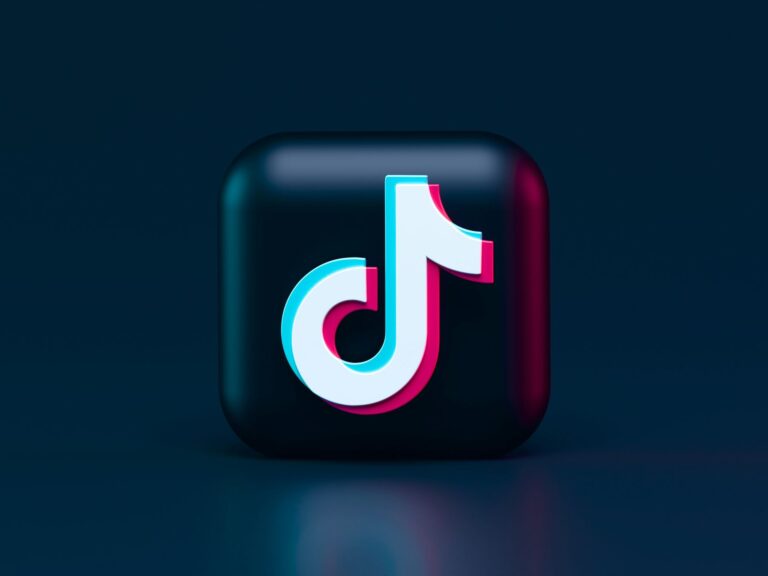A recently discovered trojan virus targeting Apple devices poses a significant risk to iOS users. Dubbed “GoldDigger” by cybersecurity firm Group-IB, this malware is designed to steal sensitive financial information. It represents a potential milestone as the first trojan specifically targeting the iOS operating system.
Which information can GoldDigger capture?
GoldDigger’s focus on financial data theft sets it apart from many previous threats. Beyond obtaining standard banking credentials, this trojan possesses alarming capabilities. Upon infecting a device, it extracts deeply personal information, including:
- Facial recognition data: This biometric information poses a significant security risk, enabling cybercriminals to bypass security measures that rely on facial verification.
- Personal identification documents: Stolen identity documents provide malicious actors with the necessary tools to impersonate victims, further facilitating fraudulent activities.
- Text message content: Access to messages could reveal sensitive passwords, bank codes, and other critical details often sent via SMS.

The threat of deepfakes
Group-IB researchers emphasize an additional, chilling danger stemming from GoldDigger’s data theft. Hackers may employ artificial intelligence to generate ‘deepfake’ images using stolen facial recognition data. These manipulated images can provide alarmingly convincing impersonations of the victim, increasing the success of social engineering attacks designed to trick financial institutions.
How the virus spreads and evolves
Initial distribution attempts leveraged Apple’s TestFlight beta testing service, but vigilant action forced a change in tactics. Currently, cybercriminals focus on tricking users into installing malicious Mobile Device Management (MDM) profiles. These profiles grant extensive system control permissions, often under the false pretense of access to desirable but illegitimate apps. Group-IB stresses that GoldDigger remains under active development, with attackers likely refining methods to target the newest iOS and iPadOS versions.

While Group-IB has alerted Apple to this severe threat, users must take immediate action to protect themselves. Downloading apps exclusively from the trusted, curated environment of the official App Store is the safest practice. Remain highly skeptical of any offers enticing installations from unofficial sources, no matter how appealing they may seem.
How to protect yourself?
Apple consistently works to strengthen iOS security, and an update addressing this ‘GoldDigger’ vulnerability is likely on the horizon. iOS users benefit by diligently installing every security update provided. Individuals can maintain a robust defense against even the most cunning cyberattacks by combining strong device habits with prompt updating.
Featured image credit: Kerfin 7 / Freepik




